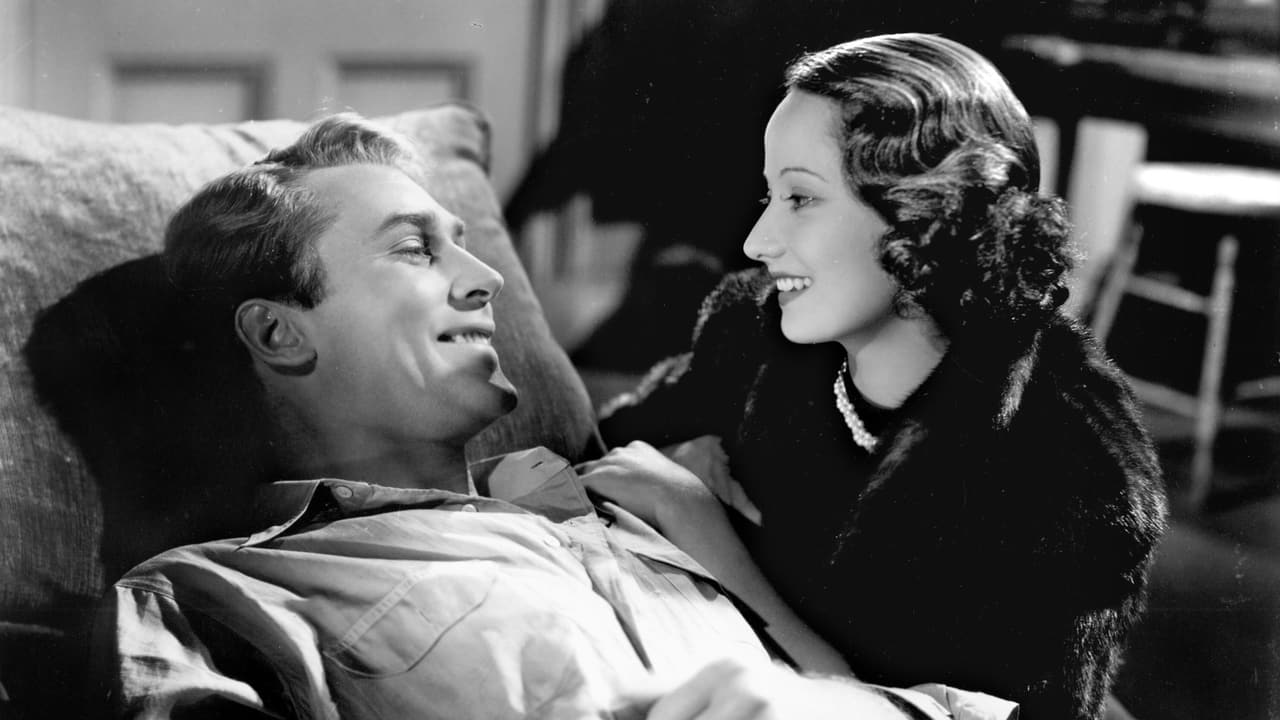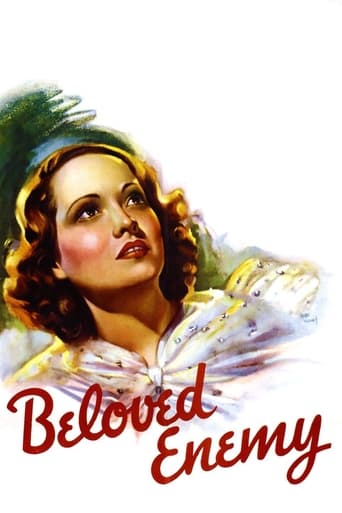

It's the kind of movie you'll want to see a second time with someone who hasn't seen it yet, to remember what it was like to watch it for the first time.
... View MoreIt's a movie as timely as it is provocative and amazingly, for much of its running time, it is weirdly funny.
... View MoreBlistering performances.
... View More.Like the great film, it's made with a great deal of visible affection both in front of and behind the camera.
... View MoreI haven't seen this film myself but I've just come across a comment on it by my father, after seeing it in 1938: I did not enjoy it as much as I might have had I not been studying the actual facts and happenings of that particular year (1921). After what I had read and pondered so much to retain in my memory I could hardly even endure to look at the picture at all, it was so different from what was in my mind. The human touch in it was the only thing that appealed to me, otherwise the picture was empty. Probably I would have thought it a great picture had I not read so much about that particular period, recently.
... View MoreLeave it to Sam Goldlwyn (and associates) to turn the Troubles of 1920 into a typical Hollywood melodrama and soapy love story. This is truly a curiosity, right up there with John Howard Lawson's BLOCKADE—the one about the Spanish Civil War. Whenever Hollywood touched controversial political subjects like this one there was always a chance that one side or other of the box-office might be offended. Therefore, we are never quite certain what the Irish want, other than Brian Aherne wanting Merle Oberon (and who can blame him), but somehow the message is clear that if an Irish rebel Romeo and an English lady Juliet had managed to wiggle themselves into a peace conference things might have worked out better for both sides. This is a lavish production, lit glamorously by the great Greg Toland with lots of moody sets build on the Goldwyn Formosa Street lot, and the usual collection of expatriated English and Irish character actors. The great Irish actor and Abbey Theater member, Dennis O'Dea, has a small part as one of the rebels. He was later to seen in a similar role in ODD MAN OUT. All-American Jerome Cowan, best remembered as a wise-cracking best friend or reporter, makes his screen appearance here wearing a cap cocked on his head as he uses an odd Irish accent.
... View MoreFilm loosely based on Irish revolutionary Michael Collins. They added romance to this 1936 picture, and even though it has been fictionalized, it's still a very good picture.The chemistry between revolutionary Brian Aherne and Merle Oberon, the daughter of a British diplomat is just fine here. They meet by chance when Oberon accompanies her diplomatic father to Ireland for him to see what is going on.There are some fine supporting performances here, especially by Henry Stephenson, as the diplomat, David Niven as an attaché and another gem role for Donald Crisp, as a militant revolutionary.This love story brings out the futility of war and the famous line in Charles Dickens' "A Tale of Two Cities," in that every revolution breeds fanatics. How true.
... View MoreThis is a fine film depicting the fictitious love affair between an English Lady and an Irish rebel leader in the 1920s. Merle Oberon gives an endearing performance as Lady Helen, who coincidentally meets Dennis Riordan (played by Brian Aherne) under false pretenses. They should have been enemies. She represented everything their respective sides were fighting against. But her charms beguiled him and when they each realize they are falling in love with the enemy, it is too late.This is a story of star-crossed lovers, each having to decide between their moral convictions and a true love that may never come again. Brian Aherne is charismatic as the clever rebel leader. Henry Stephenson is perfect as Lord Athleigh, Helen's tough but wise father, sent to Dublin to settle the Irish uprising one way or another. David Niven is splendid in a supporting role as Gerald Preston, assistant to Lord Athleigh, only a year before he is to wow audiences as Captain von Tarlenheim in "The Prisoner of Zenda".Although this is a love story, there is plenty of action and intrigue involving the hunt for Riordan and the rebels by the English.If you like Merle Oberon, don't miss her in "The Divorce of Lady X" or "Wuthering Heights", both with Sir Laurence Olivier.
... View More